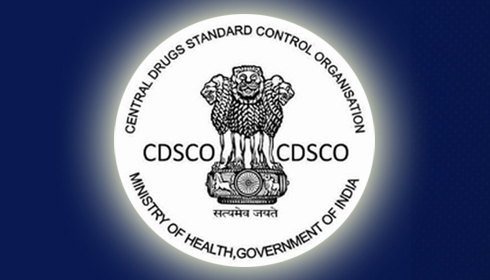
Delhi High Court becomes Battleground against Centre's Ban on Fixed Dosage Combinations
The Delhi High Court has become a battleground for pharmaceutical businesses opposing the Indian government's recent ban on fixed dose combinations (FDCs). On August 2, 2024, the Centre published notices prohibiting 156 FDCs, including those used to treat common colds, fevers, antibiotics, and fungal infections. The restriction was promptly implemented, sparking a surge of legal challenges from impacted firms.
According to media reports, the government's decision to outlaw these FDCs followed suggestions from an expert group formed by the Central Government. The committee determined that the prohibited FDCs were "irrational," without therapeutic basis, and were possibly harmful to human health. The Drugs Technical Advisory Board (DTAB), which also assessed these combinations, approved the prohibition, citing the necessity to safeguard public health under Section 26A of the Drugs and Cosmetics Act of 1990.
"There is no therapeutic justification for the ingredients contained in this FDC." The FDC poses a potential hazard to people. "To protect the general public, the manufacture, sale, and distribution of this FDC must be prohibited under Section 26A of the Drugs and Cosmetics Act of 1990."
Six pharmaceutical companies—Mankind Pharma, Indoco Remedies, Leeford Healthcare, Obsurge Biotech, Navil Laboratories, and Vilco Laboratories—have filed a judicial challenge to the notices. They claim that the restriction lacks clarity on the hazards presented by these FDCs, and that the decision to prohibit them was arbitrary and without scientific justification. Some of the FDCs that the companies are fighting are beclomethasone dipropionate + neomycin sulphate + clotrimazole + lignocaine HCl, omeprazole magnesium + dicyclomine HCI, and others.
The Delhi High Court's Division Bench, which includes Acting Chief Justice Manmohan and Justice Tushar Rao Gedela, has awarded these firms temporary relief, extending the safeguards provided in an earlier ruling until June 28, 2023. This previous verdict was in reaction to the Ministry of Health's notice banning 14 FDCs and offering pharmaceutical businesses temporary reprieve by blocking punitive steps against medications already in circulation pending further proceedings.
In its most recent decision, the Division Bench decided that the interim order dated June 28, 2023, should apply to the medications now under issue. This ruling seeks to maintain balance while the court considers the firms' applications. Under this temporary arrangement, pharmaceutical businesses are permitted to continue operations temporarily, as long as they provide thorough affidavits on the stock currently in circulation and in their control within three days.
The Union of India has been allowed four weeks to file a rebuttal affidavit, with the next hearing set for December 10, 2024. This schedule permits the court to properly investigate the ban's ramifications and the basis for the corporations' objections.
The legal battle in the Delhi High Court has far-reaching repercussions for the pharmaceutical business. According to reports, Alkem Laboratories and Entod Pharmaceuticals have also moved the court to dispute the new FDC prohibition, with their hearing set for September 2, 2024. The restriction has caused major dissatisfaction in the business, especially because many of these FDCs have been in use since before 1988.
The Centre's decision to immediately impose the ban has caused over 40 enterprises to seek relief from the Delhi High Court, claiming that the notifications do not fully describe the nature or extent of the hazards associated with these FDCs. The corporations also point out that the restriction affects products that have been widely used for decades without causing significant damage.
The current legal processes emphasise the conflict between public health policies and the interests of the pharmaceutical business. Expert suggestions reinforce the government's approach, which emphasises the need to protect the public against potentially dangerous pharmaceuticals. Pharmaceutical corporations, on the other hand, are objecting to what they see as a lack of openness and scientific rigour in decision-making.
As the court battle continues, the outcome of these cases is expected to set a precedent for how the Indian pharmaceutical sector and regulatory authorities will interact in the future, particularly in terms of medication combination regulation and public health precautions.